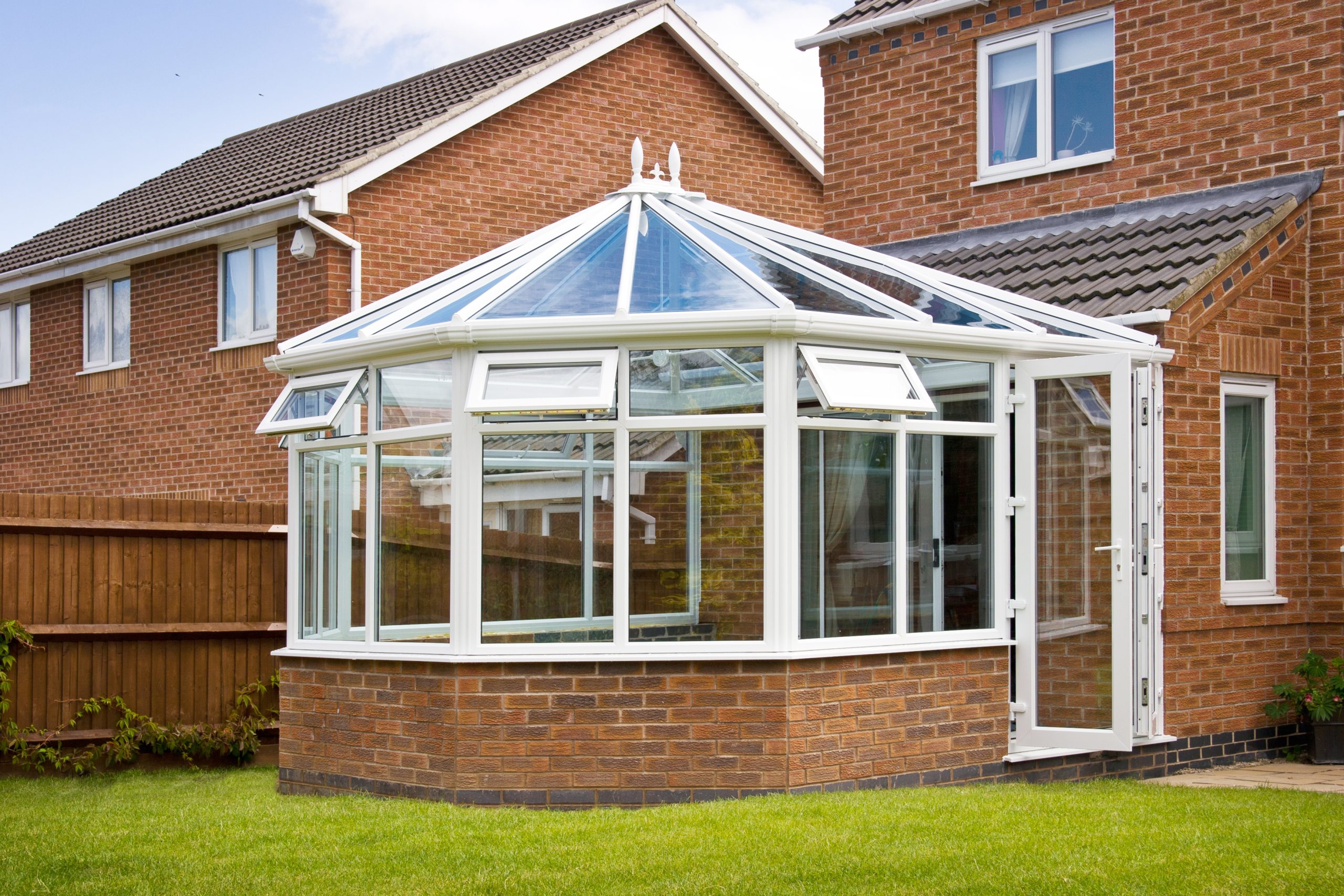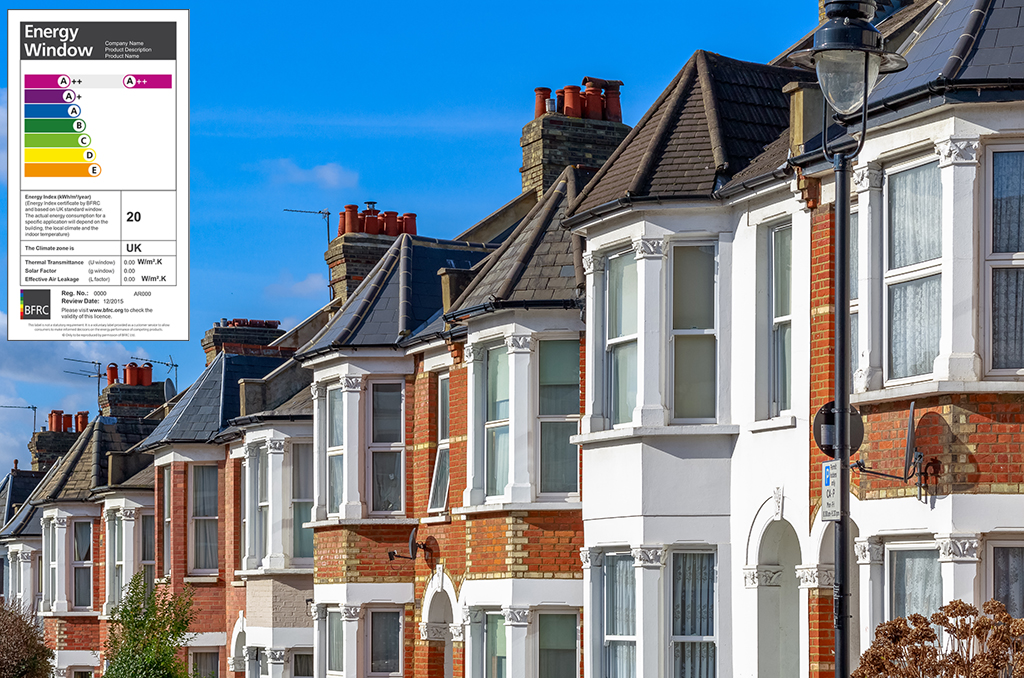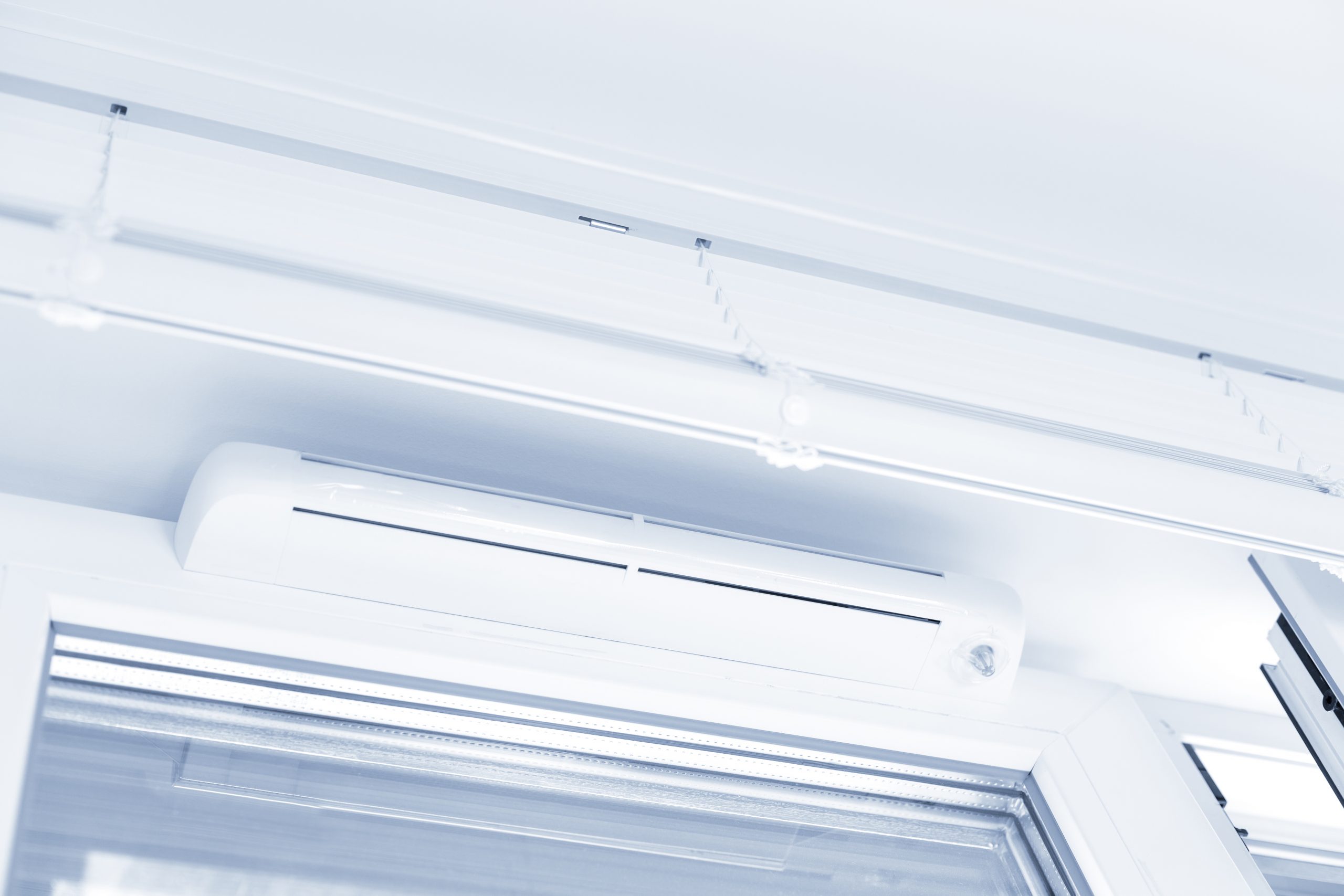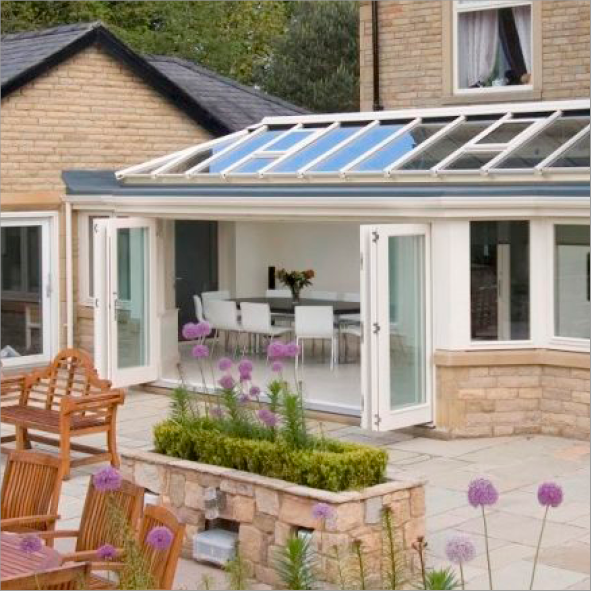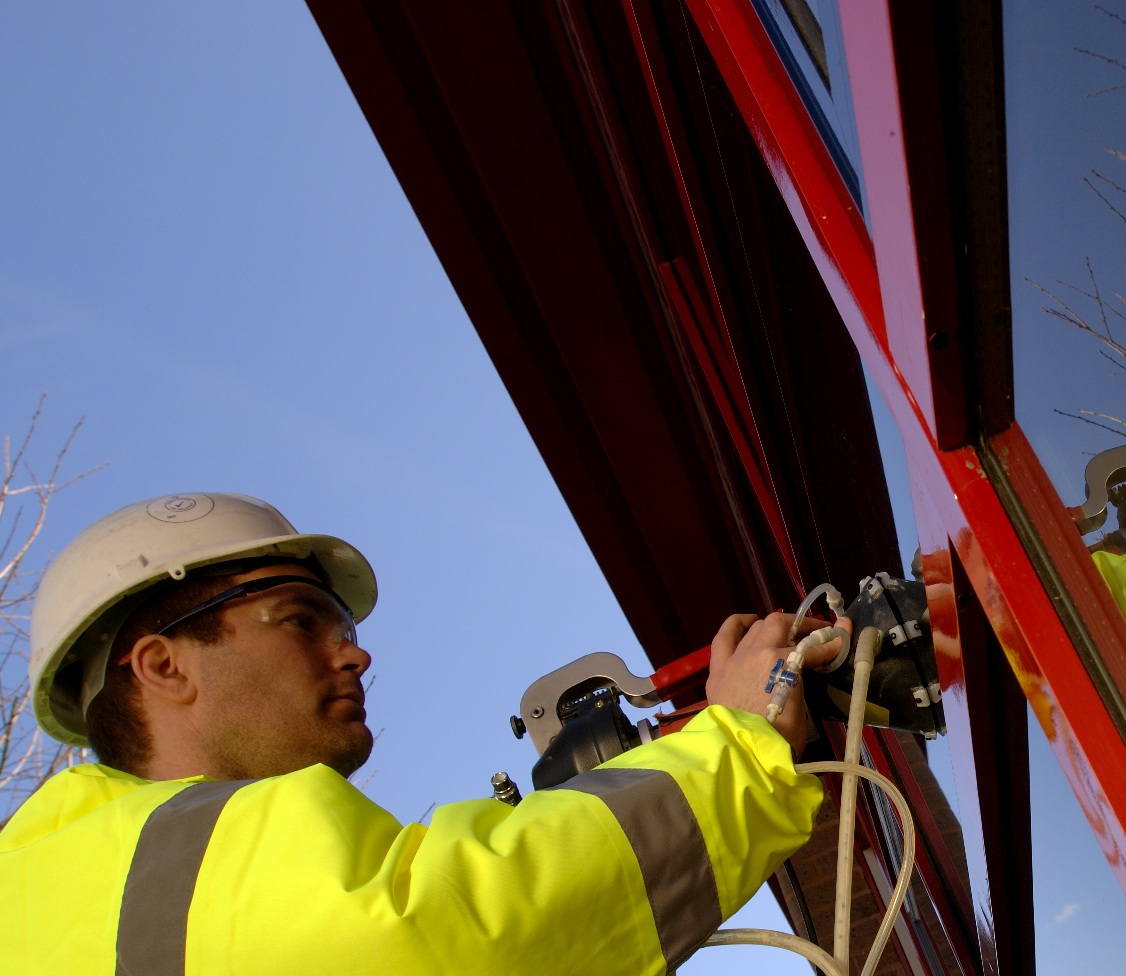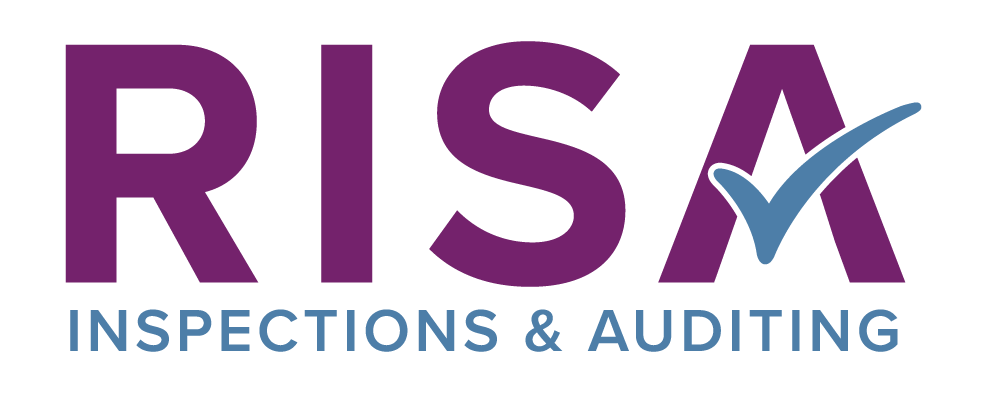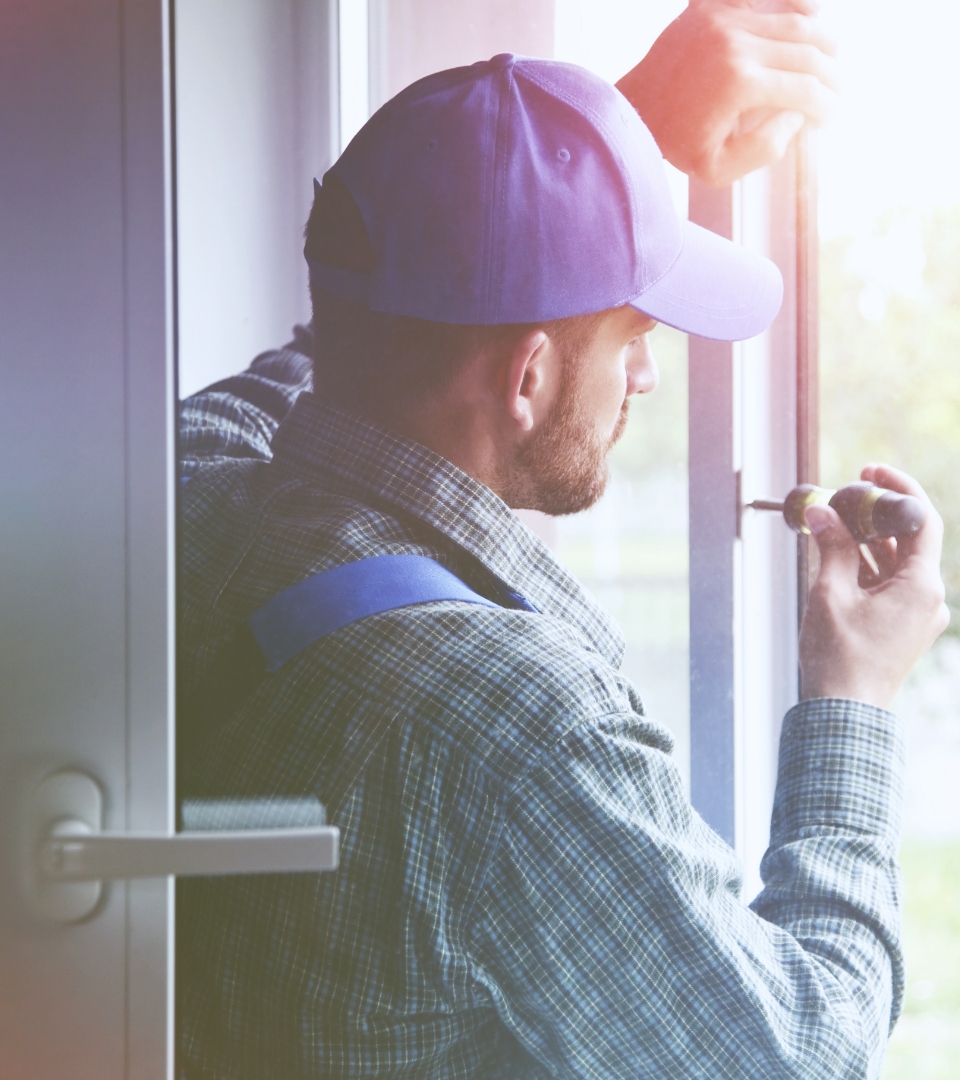Letting tradespeople in your home – the current rules in your country
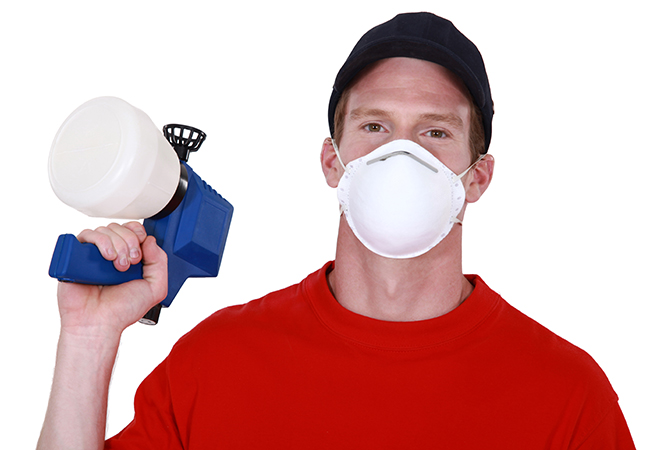

Recent research we commissioned uncovered that 85% of UK homeowners want to make changes to their property in the near future. This is mainly due to people spending more time in their homes due to the current lockdowns, as well as more people working from home, with many looking to make their living space more suited to a working environment.
Home improvements are increasing however, when it comes to whether or not home improvements are allowed, it can be challenging to keep up with the ever-evolving Government guidelines.
Here for your convenience, we’ve digested the rules for different regions across Britain and Ireland, along with some tips for safely having tradespeople working in your home.
Advice for England, Wales and Northern Ireland
As we find ourselves in another national lockdown, many are asking themselves if the latest Government guidelines allow tradespeople to work in their home – and the answer is yes. Tradespeople are able to conduct work in homes across England, Wales and Northern Ireland, as long as the Government safe guidelines are followed, with all relevant measures being implemented and precautions taken.
To ensure maximum safety for all parties, it’s essential that your tradesperson carries out a comprehensive health and safety risk assessment for the job and briefs their entire team on the guidance/risk assessment. It’s also worth insisting that tradespeople working in your home are wearing all relevant PPE, especially if they are likely to be within two metres of another person during the job. It is essential that they plan their breaks in advance too, provide their own food and drink, and that they take breaks outside, or in their own vehicle, wherever possible.
If it’s a large job, such as a renovation or extension, you should consider hiring a portable chemical toilet but, if this isn’t possible, the bathroom should be cleaned by the last person to use it between every use.
As opposed to face-to-face meetings for the upfront planning, consider digital consultations, and establish the ground rules from the outset to maintain a safe environment for everyone. It’s also worth noting that no work should be carried out at a household that is shielding or isolating, unless the work is to repair a direct risk to the safety and security of the household.
Advice for Scotland and the Republic of Ireland
In Scotland and the Republic of Ireland, tradespeople can work in peoples’ homes, however the work must be essential and cannot be solely for cosmetic purposes. For instance, builders, plumbers and utility engineers carrying out essential maintenance which is required for the property to continue safely functioning is allowed. However, work solely based on aesthetics, such as remodelling the interior of your home, should be postponed until local restrictions are eased.
If the work being carried out is essential, to ensure maximum safety for all parties, it’s vital that your tradesperson carries out a comprehensive health and safety risk assessment for the job, briefs their entire team on the guidance and follows all Government guidelines, including social distancing measures and wearing PPE.
If you do want to get ahead on non-essential work, look to digital consultations via a video conferencing platform to plan the work you are looking to have completed, once restrictions are eased. That way, when it is safe to do so, you’re getting ahead of the rush as we’re anticipating a surge in home improvements once lockdown does lift – ahead of the spring, which is typically the property market’s busy period.
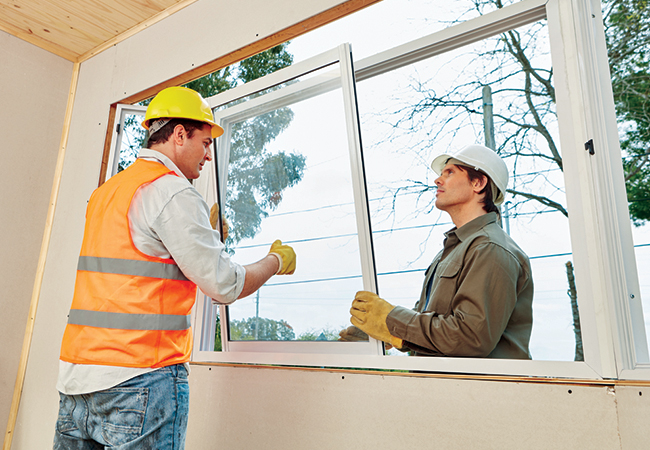
Working safely with tradespeople
There are lots of measures that you can implement to ensure your home is as COVID-secure as possible, while tradespeople are working in the property.
While the rules vary by region, in all circumstances it’s critical that all of the correct health and safety measures are implemented to mitigate any risk. To ensure maximum safety for all parties, it’s essential that your tradesperson follows all Government guidelines and implements strict measures for both their own and your safety. This includes:
- Carrying out a comprehensive health and safety risk assessment for the job and ensuring they brief their entire team on this (an example can be viewed/downloaded here)
- Wearing all relevant PPE, including gloves, masks, visors/goggles, protective footwear, overalls and hard hats
- Following social distancing measures of at least two metres
- Asking your tradespeople to plan their breaks in advance, providing their own food and drink, and taking breaks outside, or in their own vehicle wherever possible
- Hiring a portable chemical toilet – particularly if it is a large job, such as a renovation or extension
- Ensuring the bathroom is cleaned by the last person to use it between every use (if it isn’t possible to hire a portable chemical toilet)
- Pivoting to digital consultations via Zoom, Microsoft Teams or Google Meet, for the upfront planning
- Ensuring everyone in the property is regularly using hand sanitiser
- Ensuring your tradespeople know which parts of the home they can and cannot enter
- Asking your tradespeople to bring their own cleaning products and cleaning down any surfaces they’ve touched at the end of each day
- Leaving some anti-bacterial wipes in the room they are working in, for added safety
- Ensuring the area they are working in is well ventilated throughout the project
- Establishing the ground rules from the outset to maintain a safe environment for everyone
For further advice on safely having tradespeople in your home during the pandemic, check out our safe guide for homeowners here.
Read our article on Local Lockdown, can you have tradespeople in your home?

 Emergency Glaziers
Emergency Glaziers GGF Shop
GGF Shop MyGlazing.com
MyGlazing.com Find a GGF Member
Find a GGF Member